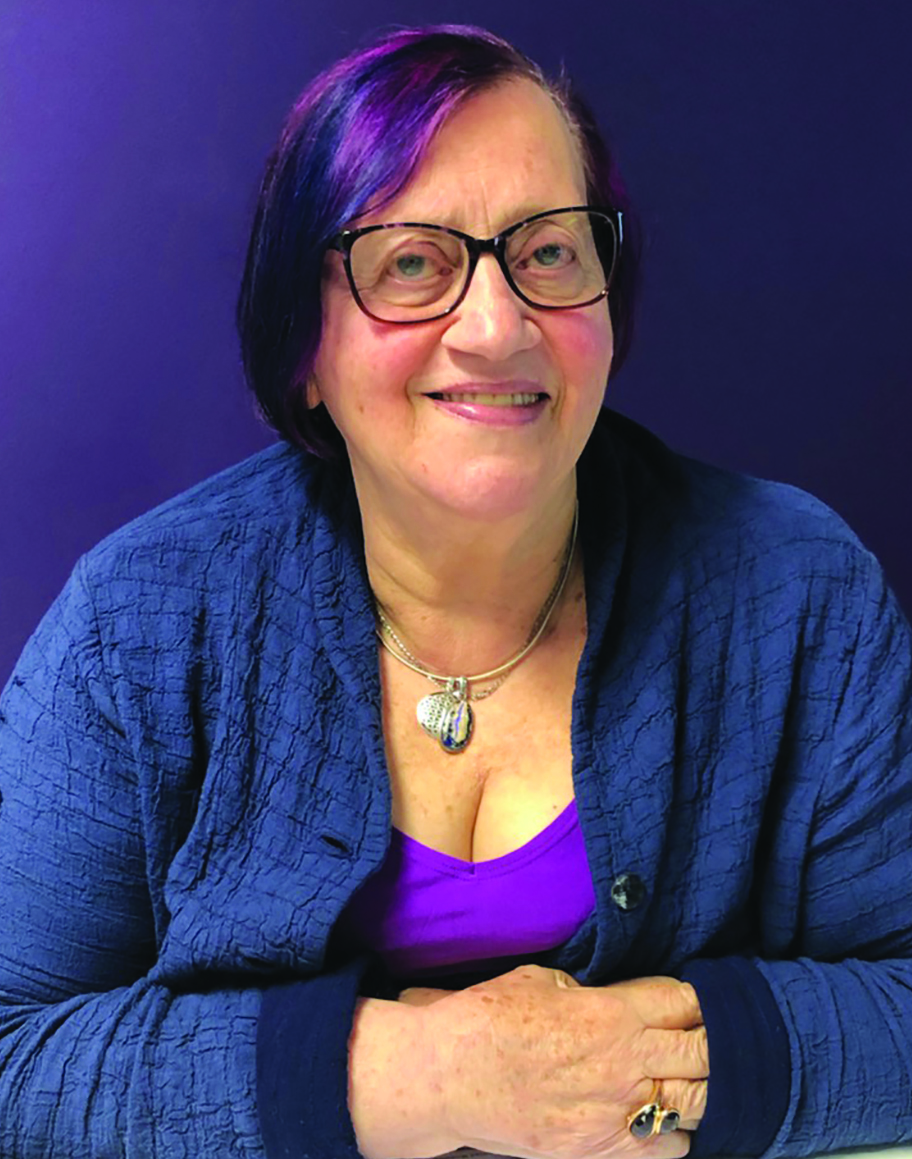Tim wants to close his super fund. Chartered accountant GAIL FREEMAN isn’t so sure he should. This is a sponsored post.
My nonagenarian client, Tim, wants to close his SMSF. “I can’t see any point in hanging on to it. I have to do a fair bit to keep it going,” he told me.

I wasn’t so sure. “Tim, there are a number of reasons why I think you should keep the SMSF [self managed superannuation fund] going for a while longer,” I countered.
“The first one is that you are ideally situated tax wise. You have about half your assets in your SMSF and half in your personal name. This strategy means that your tax is well minimised taking advantage of the low tax rates in both the SMSF and personal name.
“Consequently, you’re in a better position than you would be if your assets were held in one or the other. I appreciate that you are 90 years old and that it could be getting a little stressful for you. However, there are considerable tax savings with your current structure.
“If you were to sell all the shares in your SMSF my calculation is that this would cost you more than $10,000 in additional tax each year. Even allowing for the fees you pay for administration you would be in a much worse position.”
Tim said: “Well Gail, as you put it like that it does make sense to leave everything as is.”
I replied that the reason for this was that the money in his SMSF, as opposed to in his own name, had an income tax rate of 15 per cent on most of your transactions and on capital gains the rate was 10 per cent.
“This compares to your marginal tax rate which is currently 39 per cent and the capital gains tax rate is 19.5 per cent,” I said.
“This means that the amount of tax you would pay in your personal name is clearly a lot higher.
“However, I neglected to mention that one of the other advantages for you to keep your money in your SMSF is that the funds are classified as tax-free, which means after your death the funds pass to your heirs and successors without any tax being payable.
“Super is normally outside your estate when it passes to your beneficiaries. There is no tax payable on items held in your own name when you pass. So your outcome is a result of good tax planning in earlier years.”
Fast forward five years I sat down with Tim again. He is now 95 and I wanted to discuss his SMSF, which I had been keeping an eye on for the last five years.
“Tim, the time’s come where you can wind up the SMSF and transfer the assets to your name because the balance in the fund has reduced,” I said.
“This means the tax payable has reduced and it’s not going to cost you more than you currently pay in tax in the SMSF, taking into account your fees for keeping it going. So now’s the time to wind up the fund.”
Tim said he hadn’t realised that the time was ripe for change and agreed to wind up the fund.
If you need help with any tax or SMSF matter contact the experts at Gail Freeman & Co on 02 6295 2844, email info@gailfreeman.com.au or visit gailfreeman.com.au
Disclaimer
This column contains general advice, please do not rely on it. If you require specific advice on this topic please contact Gail Freeman or your professional adviser. Authorised Representative of Lifespan Financial Planning Pty Ltd AFS Lic No. 229892.
Related
Who can be trusted?
In a world of spin and confusion, there’s never been a more important time to support independent journalism in Canberra.
If you trust our work online and want to enforce the power of independent voices, I invite you to make a small contribution.
Every dollar of support is invested back into our journalism to help keep citynews.com.au strong and free.
Thank you,
Ian Meikle, editor





